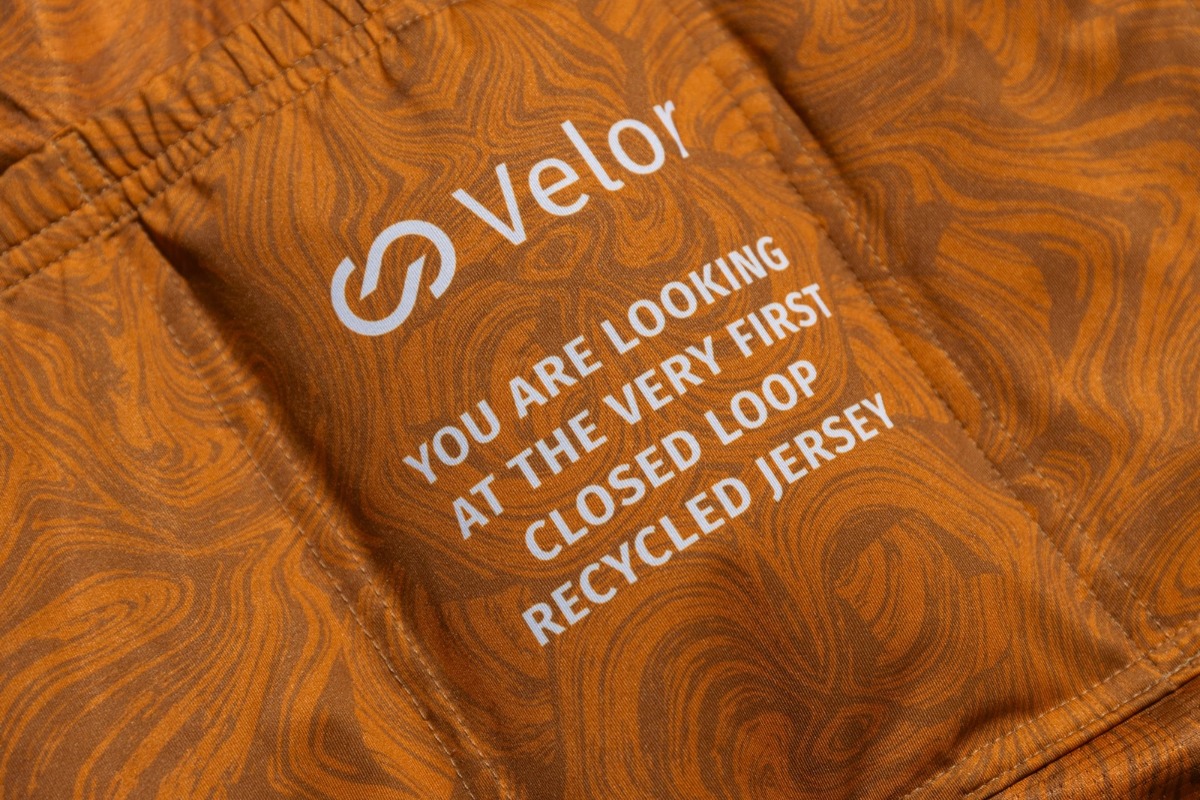

The Solutions Explorer lets you create alerts that match your needs. You can create several alerts and you will receive a notification each time a new Solar Impulse Efficient Solutions is labelled and matches your filters.
Your Search Alerts will show up here.
Sign in to create alerts for your filters and search terms.
Sign inDon't have an account?
Sign upAccess exclusive opportunities for Investor Members Only
The Investment Hub is a platform by the Solar Impulse Foundation that connects innovators with investors to fund scalable and sustainable solutions. Through tailored matchmaking, e-pitches, and a collaborative digital environment, it helps drive impactful innovation forward.
Sign in to explore a world of dynamic and high-potential investment opportunities.
Sign inDon't have an account?
Sign upJune 5, 2024
Velor B.V.
Maastricht

GR3N and Velor collaborated to address the global issue of textile waste and the environmental impact of polyester recycling. The use case was implemented to demonstrate an innovative chem recycling process that breaks down PET from textile waste into its original monomers, enabling true circularity. GR3N’s microwave-assisted depolymerization technology was combined with Velor’s expertise in sustainable fashion to create new high-quality polyester fibers from post-consumer garments. This initiative was executed through pilot-scale testing, integration of the recycled material into new textile products, and validation of quality and sustainability metrics. The primary problem it solves is the inefficiency and limitations of traditional mechanical recycling, which often downgrades material quality. This use case proves that closed-loop recycling in the textile industry is achievable, scalable, and essential for reducing dependency on virgin materials and minimizing environmental impact.
The collaboration between GR3N and Velor enables the recycling of 100 tons of textile waste annually, resulting in savings of up to 250 tons of CO₂eq—the equivalent of the amount absorbed by 12,000 trees each year—while significantly reducing reliance on virgin polyester. With the Social Cost of Carbon (SCC) estimated at 418 USD per ton, these CO₂ savings represent over €100,000 in climate-related economic value per year. The process is also highly energy-efficient, consuming less energy than conventional recycling methods and lowering operational costs. Once scaled to an industrial level, the environmental and economic benefits could increase by a factor of 400 - equivalent to nearly €40 million in annual carbon-related savings alone.
The Solution aims at providing a sustainable, and profitable option for recycling polyester, with a particular focus on what mechanical recycling is not able to treat. This Solution relies on microwave-assisted alkaline hydrolysis to go back to terephthalic acid and ethylene glycol, saving up to 60% of CO2 emission compared with the existing production processes. This allows us to go back to what is normally used to produce PET and polyester fibers with a purity as high as the one from fossil fuels. Re-polymerizing the molecules it is possible to obtain a new polyester without using oil (at least 0 kg of petroleum naphtha per Kg of PET produced) and with the same quality (i.e., physical-mechanical properties, scrap rate, etc.).
Share
The information set out above, is solely for the purposes of information and the Solar Impulse Foundation does not provide any guarantee as to its authenticity, completeness or accuracy. This information does not constitute investment advice or a recommendation to buy into, transact or to enter into any agreement with any of the parties or persons mentioned above. Potential investors or interested parties are solely responsible for their investment or business decisions and for performing any due diligence required by the circumstances. The innovator has asserted ownership of the intellectual property rights for images, videos, and content showcased above, affirming full and unrestricted usage rights, and has provided explicit permission for the Solar Impulse Foundation to publish such information designated as "public" in the application form.